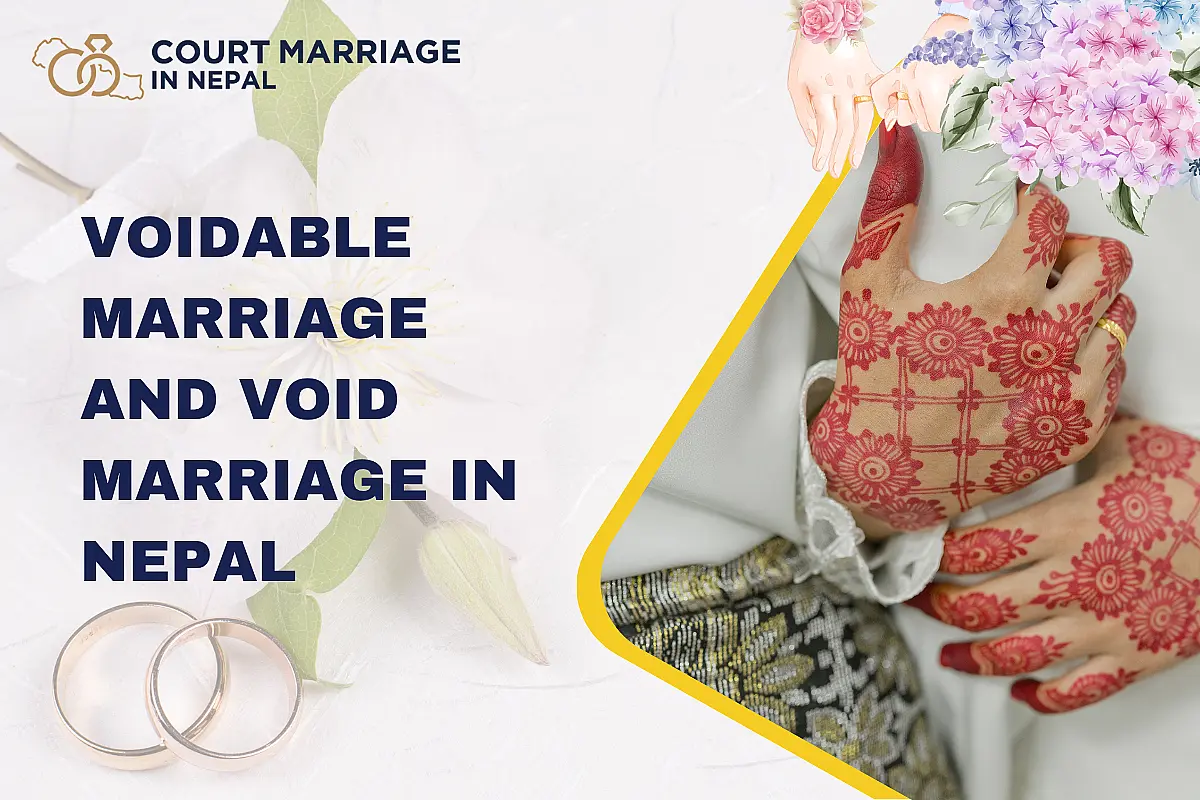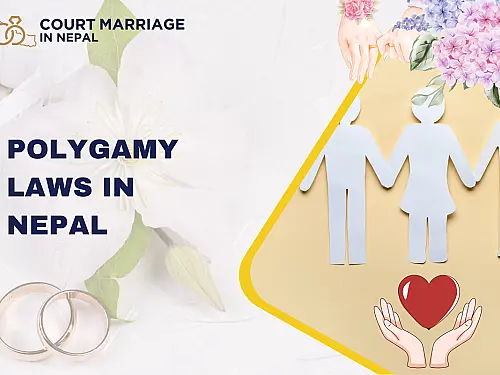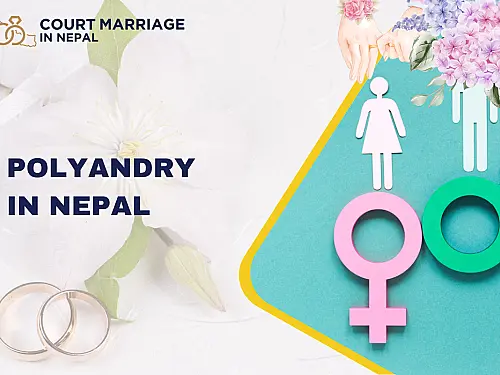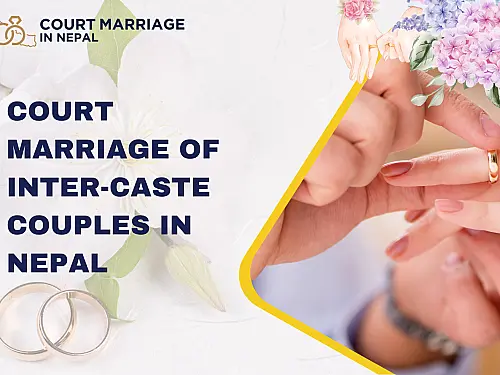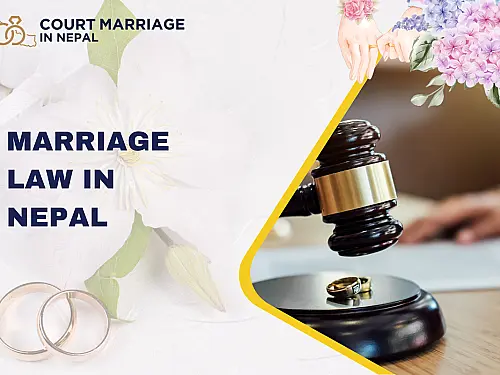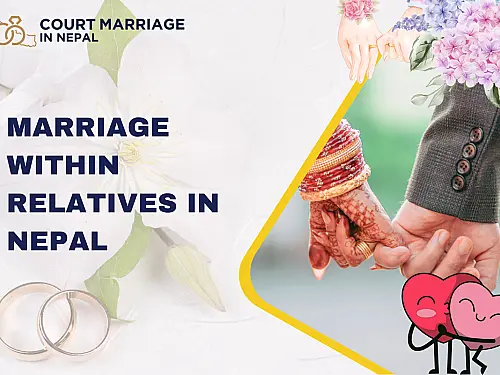Table of Contents
Understanding Void and Voidable Marriages in Nepal
Marriage is a serious commitment, but what happens when it's entered under false pretenses, coercion, or legal disqualifications? In Nepal, the law classifies problematic marriages into two categories: voidable marriages and void marriages. If you're in a marriage that feels wrong, understanding these distinctions is crucial.
What is a Voidable Marriage?
A voidable marriage is legally valid until one party challenges it in court. If neither spouse takes action, the marriage remains intact. But, if one person proves they were misled, coerced, or legally underage at the time of marriage, they can have it annulled.
When Can a Marriage Be Annulled?
Under Chapter 2, Section 10 of the Nepalese Marriage Act, a marriage is voidable in these cases:
Underage Marriage: If either spouse was under 16 years old when they married, they have the right to annul the marriage upon turning 16—but only if they refuse to accept it.
Lack of Mental Soundness: If one spouse was of unsound mind at the time of marriage and couldn’t understand the nature of the commitment, the marriage can be challenged.
Hidden Health Conditions: A marriage can be annulled if one partner was unaware that the other had an incurable disease (such as HIV or Hepatitis B) or was infertile and incapable of having children.
Physical Disabilities: If a spouse was completely deaf, blind, or had another major physical incapacity, and this was hidden, the marriage can be voidable.
Pregnancy by Another Partner: If a woman was pregnant by someone else at the time of marriage without informing her spouse, the husband can seek annulment.
Criminal History: If a person has been convicted of a serious crime involving moral turpitude, their spouse can challenge the marriage in court.
The key takeaway? A voidable marriage remains valid unless one party takes action in court. If you suspect your marriage falls into this category, consult a lawyer and take action promptly!
What is a Void Marriage?
Unlike voidable marriages, a void marriage is never legally valid—it’s as if it never happened in the first place. These marriages break fundamental legal or moral rules, and no court process is needed to declare them null.
Situations Where a Marriage is Automatically Void
Incestuous Relationships: If a couple shares a blood relation (such as siblings, first cousins, or direct family members), the marriage is immediately void. However, if one partner was unaware of the relation, the court may review the case.
Forced Marriages: Marriage without the free consent of both parties is void. If someone was forced, threatened, or misled into marriage, they can leave without needing a legal annulment.
Existing Marriage (Bigamy): If one spouse is already married and enters into another marriage without legally dissolving the first, the second marriage is automatically void, and the offending party can be charged with polygamy.
Fraud and Misrepresentation: If one spouse falsified key information, such as identity, marital status, or serious medical conditions, the marriage is invalid.
Religious Violations: Some cultural and religious rules prohibit certain marriages. If these rules are legally binding, the marriage can be declared void.
What Happens After a Void Marriage?
There is no need for divorce since the marriage was never legally recognized.
Any property, financial agreements, or children from the marriage must be settled legally.
If a void marriage isn’t challenged, it can still create social and legal complications, so legal action is recommended.
What Happens If You Stay in a Voidable or Void Marriage?
If one party enters into another marriage without annulling the first, they can be prosecuted for polygamy. Nepalese law is strict on this issue, and offenders can face legal consequences.
If a marriage is voidable, one party must file for annulment for it to be dissolved. Otherwise, the marriage remains legally binding.
How to Challenge a Void or Voidable Marriage in Nepal
Step 1: Gather Evidence
If you suspect your marriage is voidable or void, collect documents and evidence such as birth certificates, medical records, legal documents, and witness statements.
Step 2: File a Case in Court
Visit the District Court with legal representation.
Submit your complaint and all supporting documents.
If necessary, request an immediate protective order (especially in cases of forced marriage).
Step 3: Court Decision & Annulment
If the court declares the marriage void, it is as if the marriage never existed.
If the court grants annulment for a voidable marriage, legal separation is completed.
Final Thoughts: Choose Marriage Wisely
Marriage is a lifelong commitment—enter it with full awareness and consent! The Nepalese Marriage Act protects individuals from forced, fraudulent, and illegal marriages, ensuring that everyone has the right to a fair and valid union.
If you suspect your marriage is voidable or void, act now. Seek legal advice, collect evidence, and take control of your future!
At Court Marriage In Nepal, a registered law firm operating as Court Marriage In Nepal Pvt. Ltd., we specialize exclusively in Court Marriage Nepal. As the first law firm in Nepal dedicated to court marriage services, we assist both Nepali citizens and foreign nationals with the court marriage registration process in Nepal, including complete legal support for court marriage registration for foreign citizens in Nepal. As a trusted marriage firm in Nepal and a licensed law firm in Nepal, we ensure a smooth, lawful, and stress-free experience. Contact us today for confidential assistance with court marriage registration in Nepal.

